Microfluidic processing could help to make a competitive printed photovoltaics industry a reality.
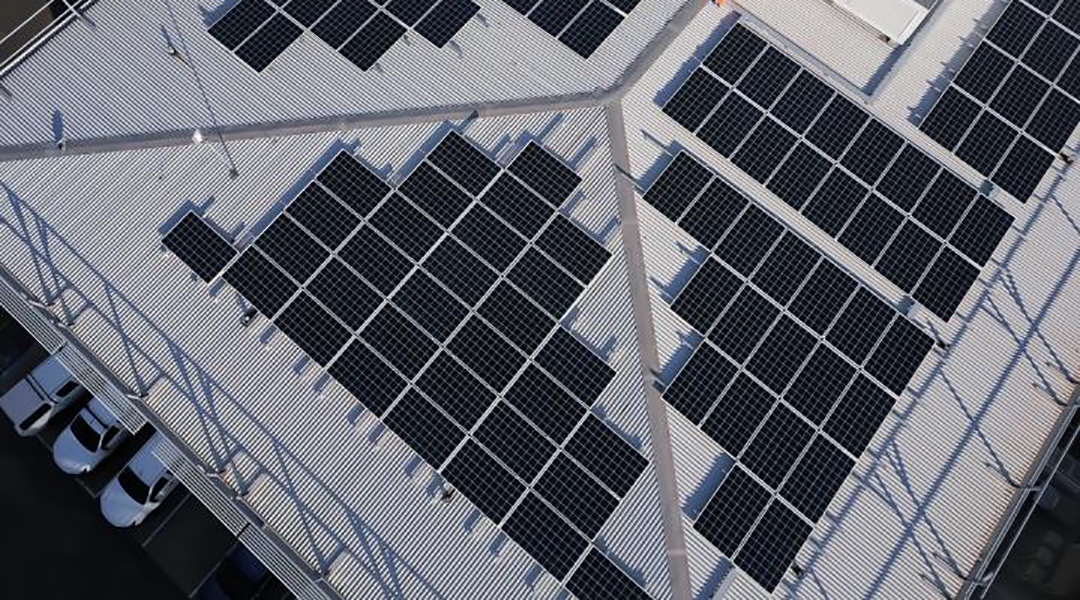

Microfluidic processing could help to make a competitive printed photovoltaics industry a reality.
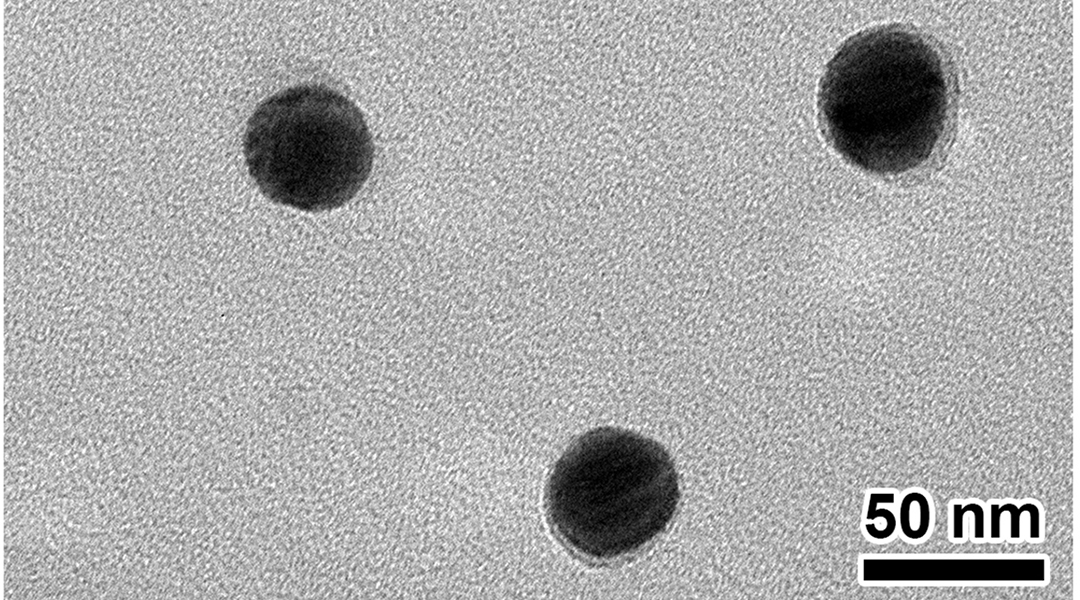
Scientists are looking to improve the outlook for patients with bladder cancer by advancing a laser-based photothermal therapy.
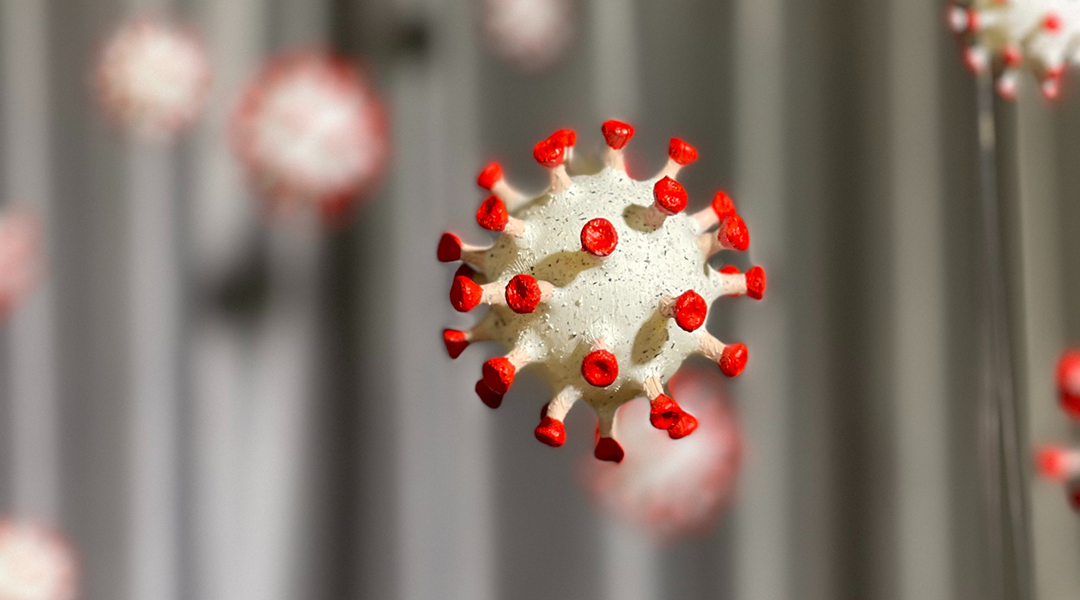
The protein-based vaccine has been highly anticipated, showing high efficacy against variants of concern.
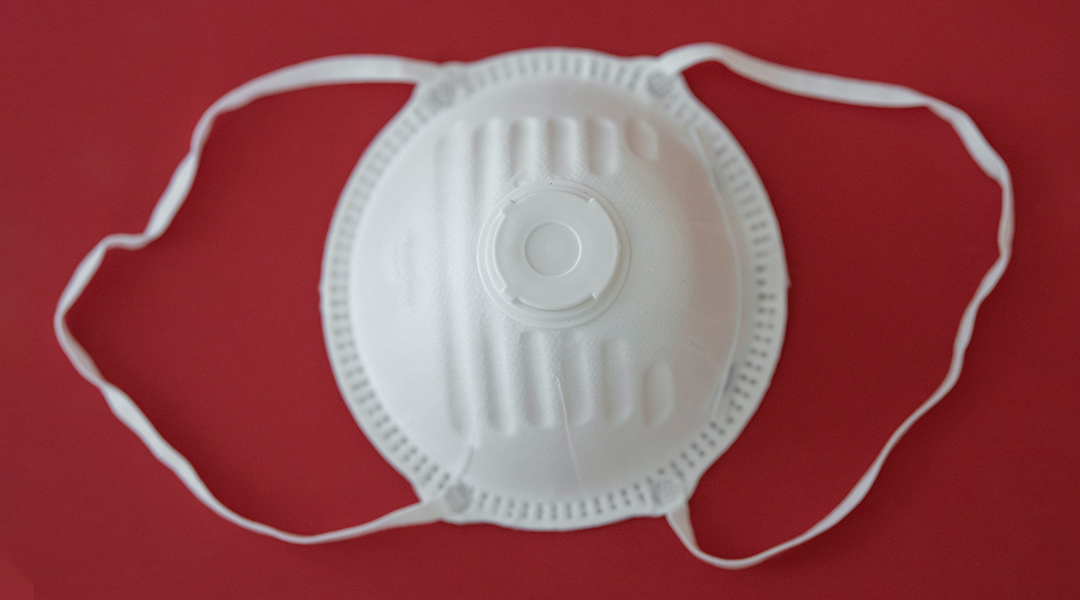
It’s well understood that any mask reduces the transmission of viral particles but some are more effective than others.

A new conjugated polymer provides opportunity to improve insulating materials around high-voltage cables for more efficient power transmission.

Emerging data from trials exploring mixing different types of vaccines demonstrate the practice is safe and could boost immunity.

Recent advances in micro- and nanoscale sensing technologies may help diagnose sepsis early and with greater accuracy.
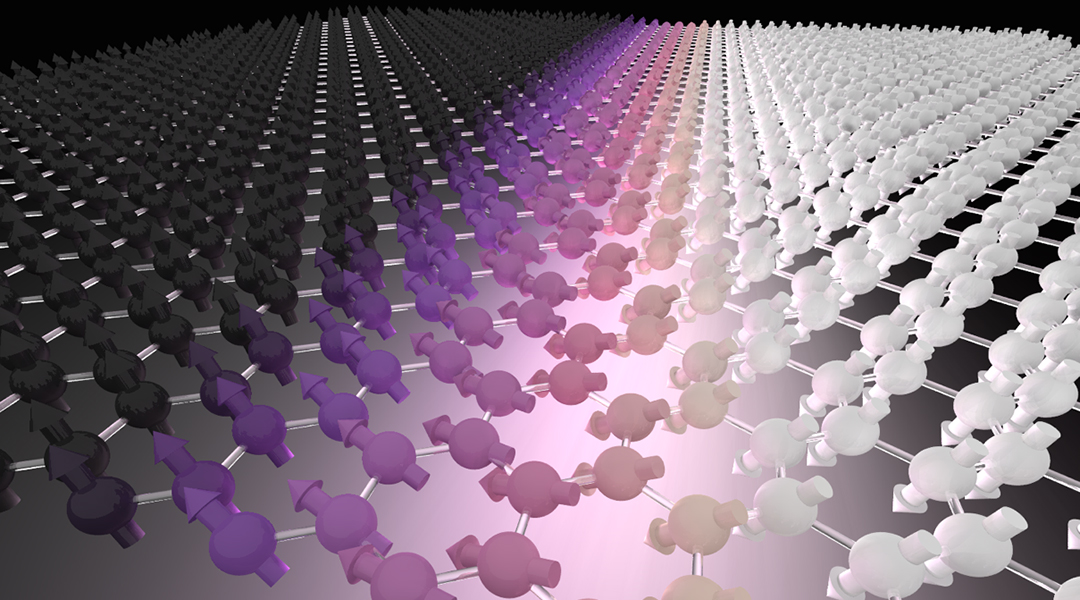
Using theoretical and experimental analysis, researchers aim to better understand the novel and intriguing magnetic properties of 2D materials for the next generation of information technologies.
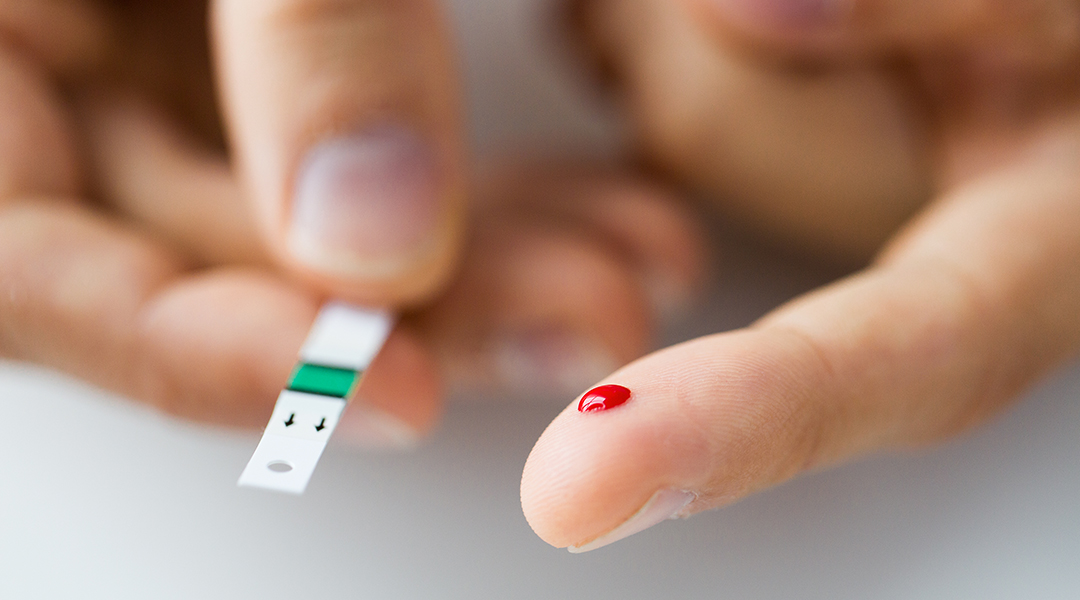
Graphene-based biosensors incorporated in arrays of microneedles are emerging as an alternative to hypodermic needles and could be the next generation of blood sampling devices.
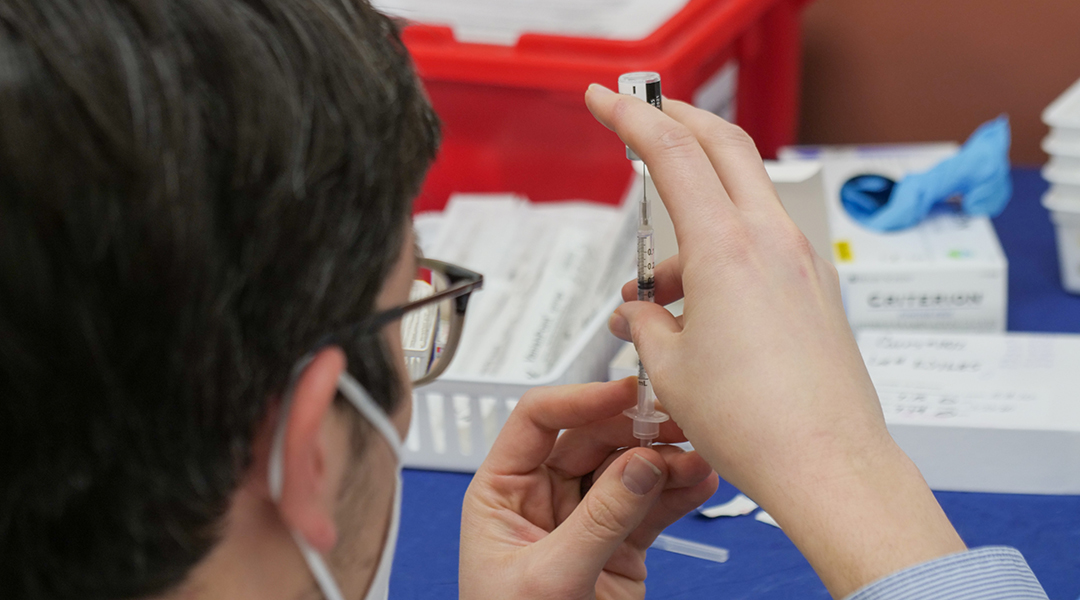
Russia’s Sputnik V coronavirus vaccine gives around 92% protection against COVID-19, results published in The Lancet reveal.